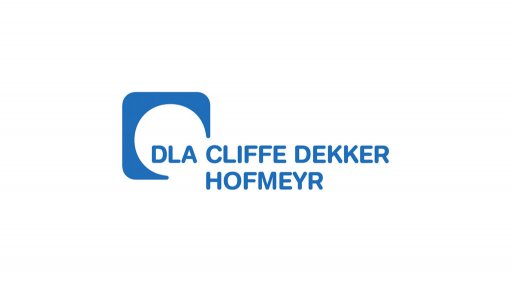
On 17 July 2014, the National Treasury released the draft Taxation Laws Amendment Bill (TLAB) which aims to give effect to the various tax proposals announced in the 2014 Budget.
One important proposal relates to the tax treatment of allowances in respect of Public Private Partnerships (PPPs). PPP's can essentially be described as an arrangement between Government and the private sector, whereby Government undertakes to provide underlying land for the construction of buildings or the improvement of the land, without parting with
ownership of such land.
PPPs are important in respect of the development of public infrastructure especially in circumstances where Government lacks the necessary upfront cash to directly undertake the desired construction. However, the success of PPPs is dependent on the financial viability of these projects, and tax incentives play an important role in this regard.
Currently, s12N of the Income Tax Act (Act) allows for private parties to a PPP to claim capital allowances in respect of improvements to land or buildings owned by Government, even though the private party only has a right of use or occupation of the land.
The effect of s12N of the Act is to deem the lessee to be the owner of the land and buildings in respect of which the improvements are made, so that the lessee may qualify for the usual capital allowances under the Act, which it would otherwise not have been entitled to claim.
A private party must meet the following criteria in order to qualify under s12N of the Act:
- hold a right of use or occupation of land or buildings;
- effect improvements on the land or buildings in terms of a PPP;
- incur expenditure to effect the improvements;
- and use or occupy the land or buildings for the production of income, or derive income from the land or buildings.
However, under certain PPP arrangements the private party will not be able to meet these criteria.
Specifically, the private party will not necessarily have the right of use or occupation of the land or buildings. The private party may, for example, only have a right to access the land or building in order to perform under the PPP. As a result, the
private party will not be able to claim any capital allowances, and this has an effect on the overall pricing of the project.
The TLAB proposes the insertion of s12NA into the Act. The proposed s12NA will essentially allow a private party to claim a special capital allowance in respect of improvements to state-owned land and buildings where Government has the right to use or occupy the land or buildings, and not the private party. The private party must be a party to a PPP agreement with Government and incur expenditure of a capital nature.
Maintenance and operating expenses should be claimable under s11(a) of the Act. The TLAB also proposes an "anti-double-dipping" rule.
Since the receipt and accruals by private parties of certain funds received from Government for the performance of obligations under a PPP arrangement is exempt in terms of s10(zl) of the Act, provision will be made so that the private party does not stand to benefit by getting a capital allowance in addition to the exemption.
To the extent that the contribution by Government is used to effect the improvements, the allowance claimable by the private party will be reduced by the amount of the contribution.
The proposed amendments will come into operation on 1 April 2015 and will apply in respect of expenditure incurred to effect improvements during any year of assessment commencing on or after that date.
Comments on the proposed tax proposals had to be submitted by 17 August 2014.
Written by Nicole Paulsen, Associate, and Gigi Nyanin, Candidate Attorney, Tax, Cliffe Dekker Hofmeyr